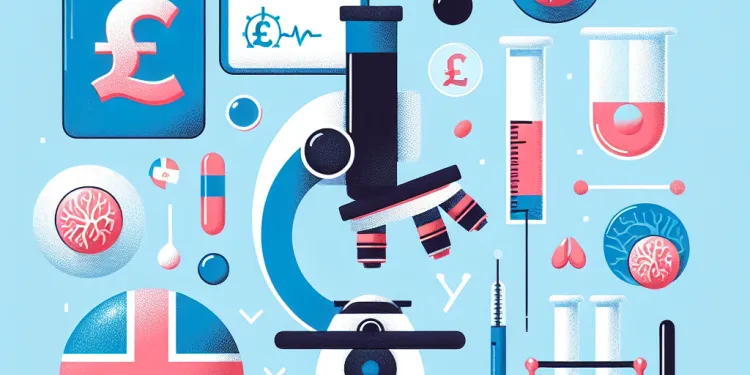
Find Help
More Items From Ergsy search
-
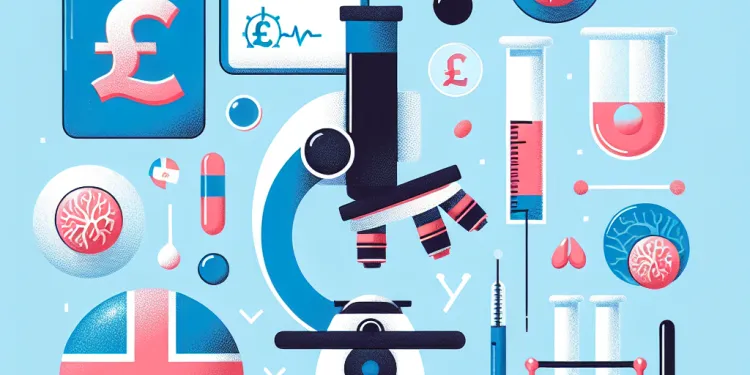
What causes testicular cancer?
Relevance: 100%
-
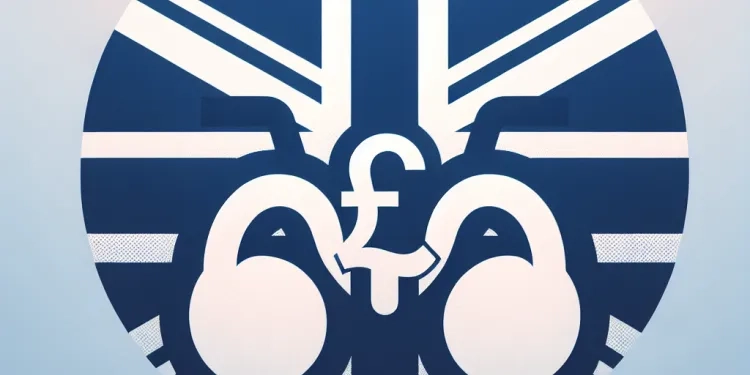
What is testicular cancer?
Relevance: 87%
-
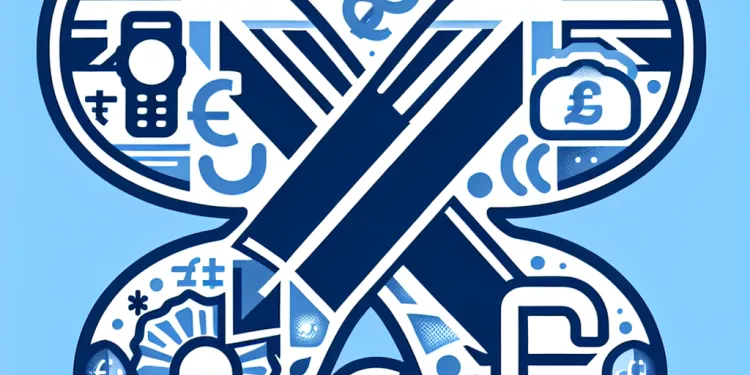
What is testicular cancer?
Relevance: 86%
-
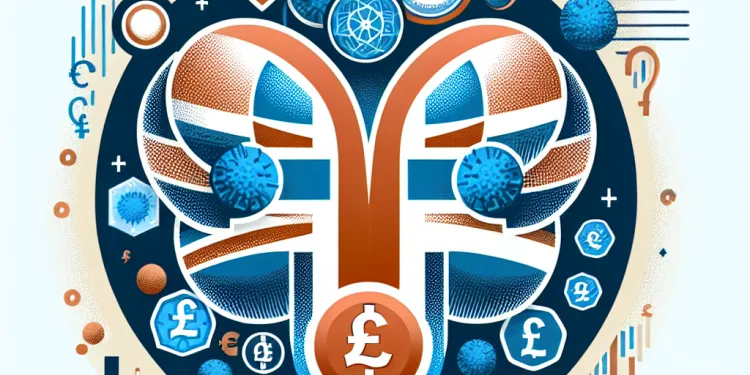
What is testicular cancer?
Relevance: 84%
-
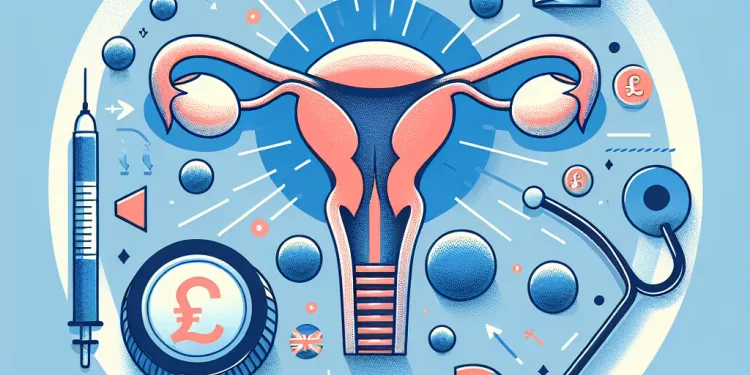
What are the symptoms of testicular cancer?
Relevance: 83%
-
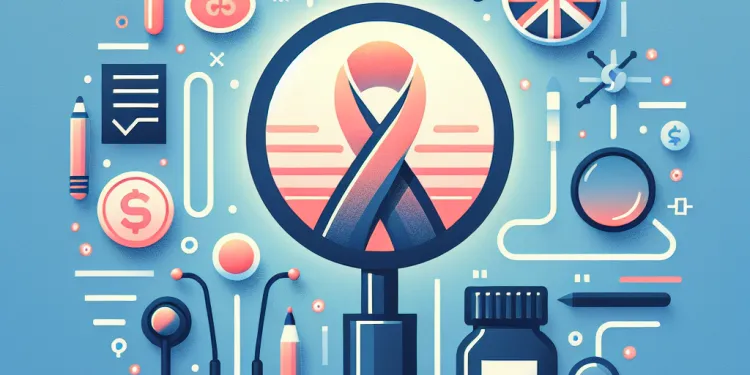
Is testicular cancer treatable?
Relevance: 81%
-
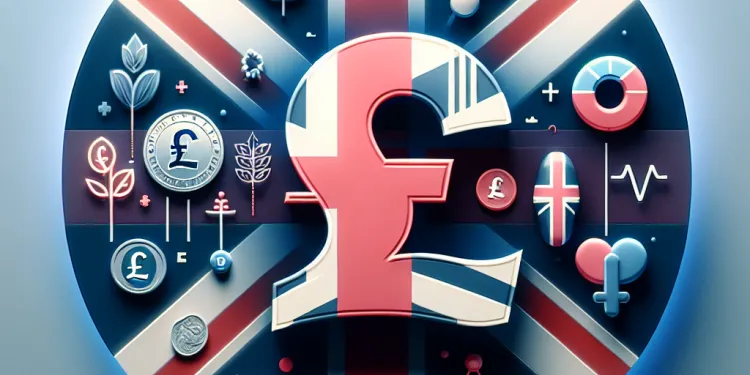
How common is testicular cancer?
Relevance: 81%
-
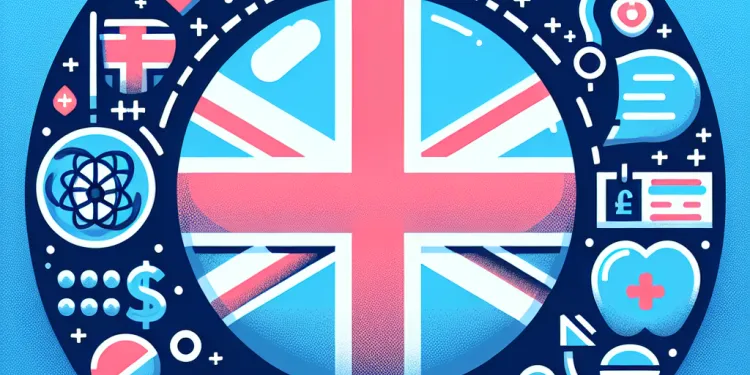
Who is at risk for testicular cancer?
Relevance: 80%
-
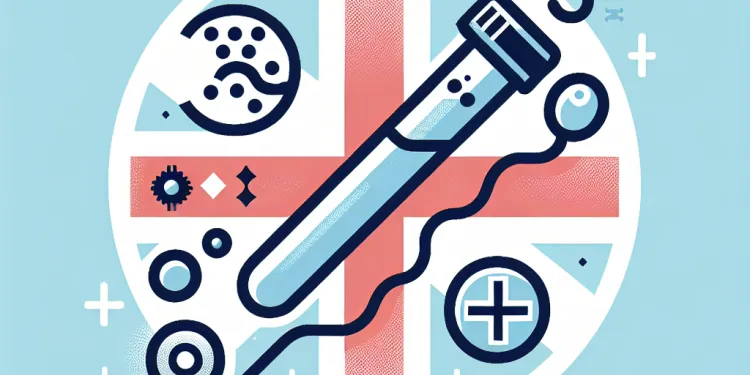
Is fertility affected by testicular cancer?
Relevance: 80%
-
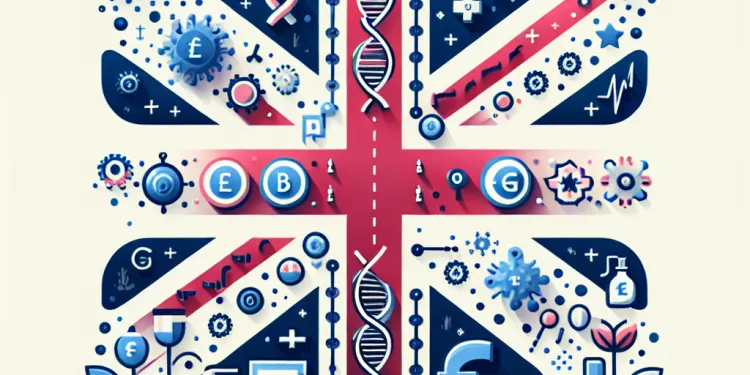
What are the stages of testicular cancer?
Relevance: 78%
-
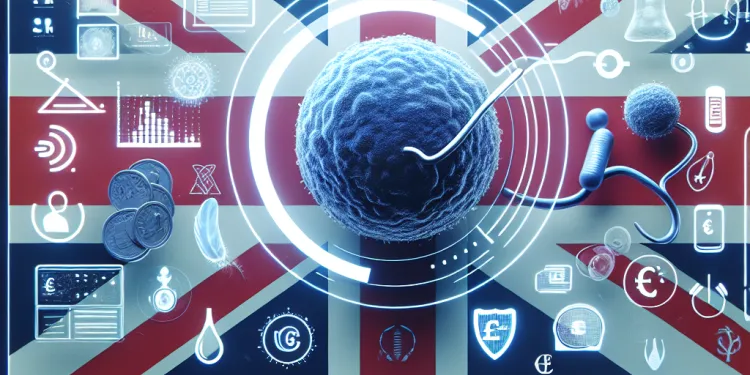
How is testicular cancer diagnosed?
Relevance: 77%
-

What is the survival rate for testicular cancer?
Relevance: 76%
-
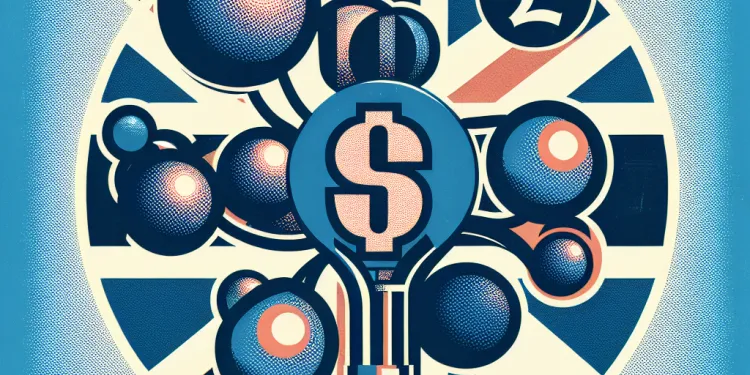
What types of treatments are available for testicular cancer?
Relevance: 73%
-

Can testicular cancer recur after treatment?
Relevance: 73%
-

Are there support groups for those affected by testicular cancer?
Relevance: 72%
-
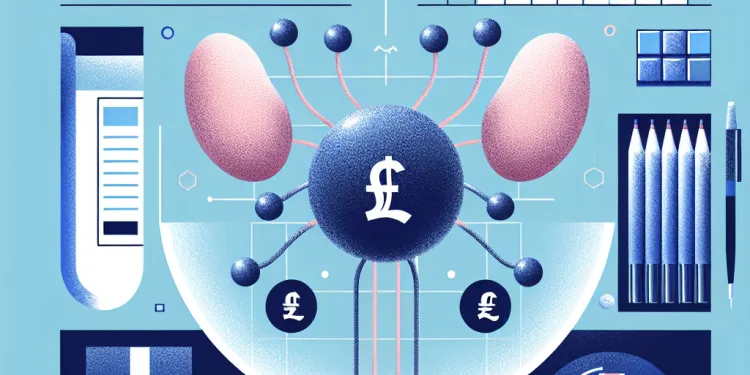
Can testicular cancer spread to other parts of the body?
Relevance: 72%
-
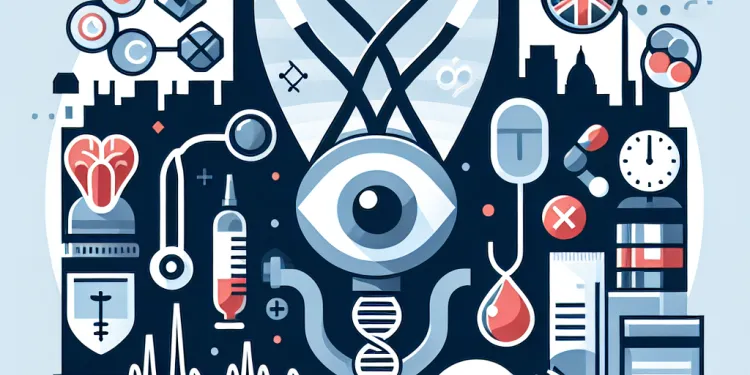
What role do tumor markers play in testicular cancer?
Relevance: 71%
-

Can lifestyle changes help prevent testicular cancer?
Relevance: 71%
-
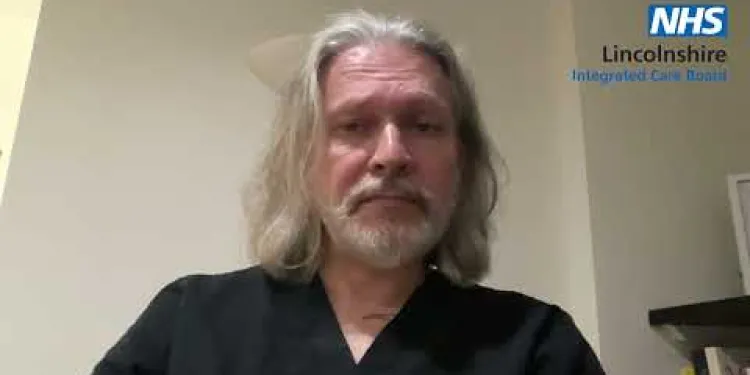
Getting to know your Testicles: Testicular Cancer Awareness with Dr James Howarth, Spilsby Surgery
Relevance: 67%
-

How can I perform a testicular self-exam?
Relevance: 56%
-

When should I see a doctor about potential testicular cancer?
Relevance: 48%
-

What is Cancer?
Relevance: 35%
-
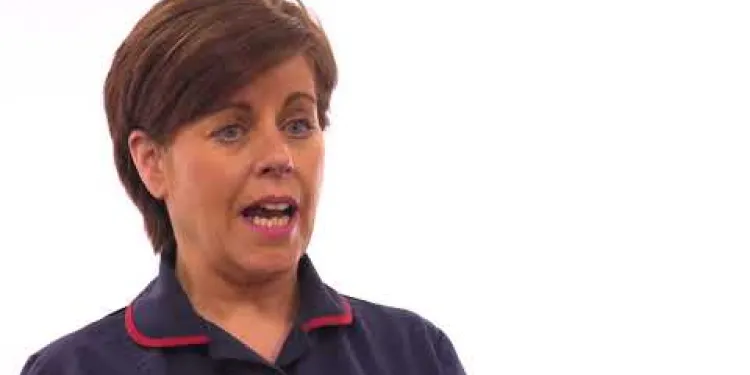
Endometrial Cancer
Relevance: 35%
-
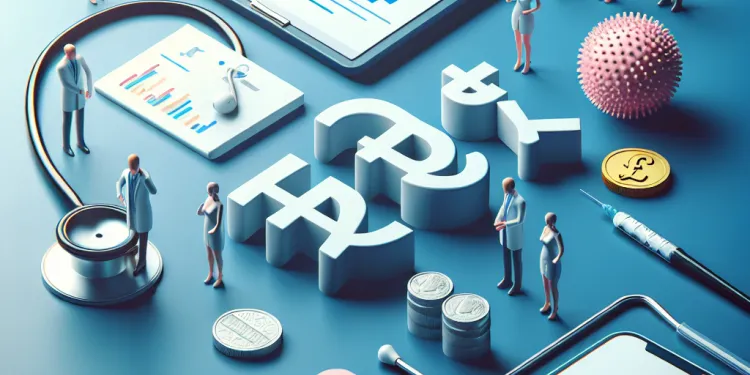
What health problems can HPV cause?
Relevance: 33%
-
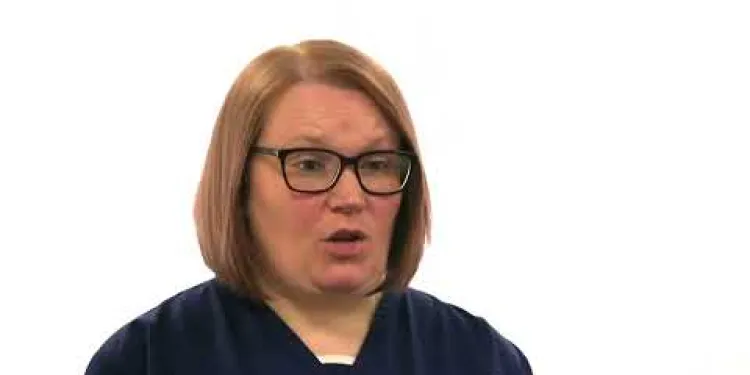
Vulval Cancer
Relevance: 32%
-
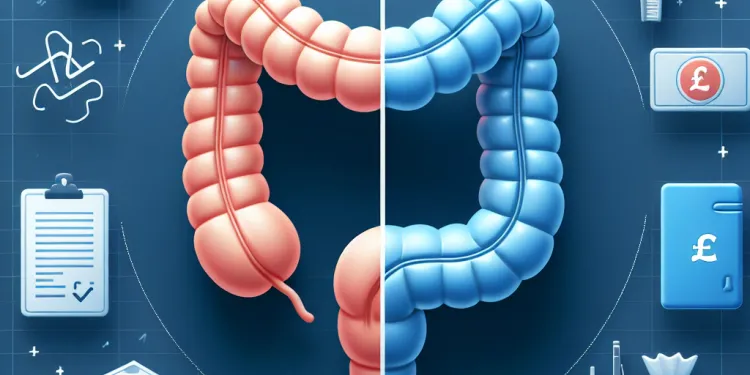
What is the difference between colon cancer and rectal cancer?
Relevance: 32%
-
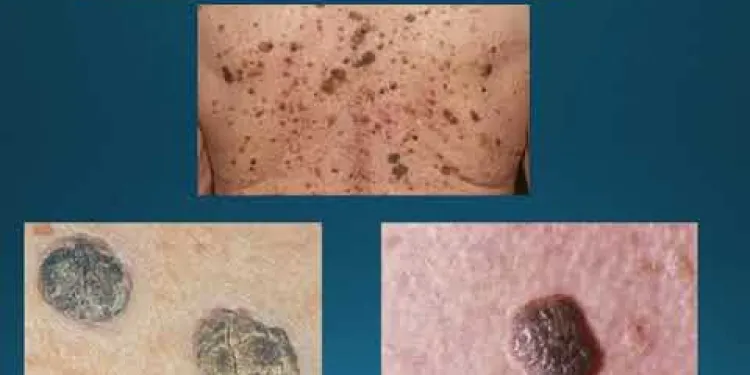
Skin cancer education
Relevance: 32%
-

What is a seminoma?
Relevance: 32%
-

Is BPH the same as prostate cancer?
Relevance: 32%
-
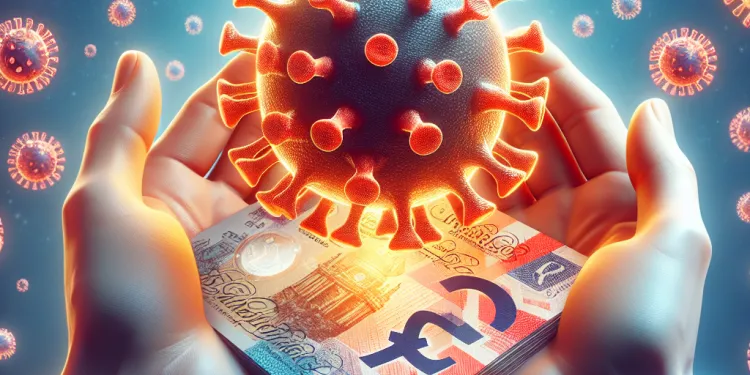
Can HPV lead to cancer?
Relevance: 32%
-
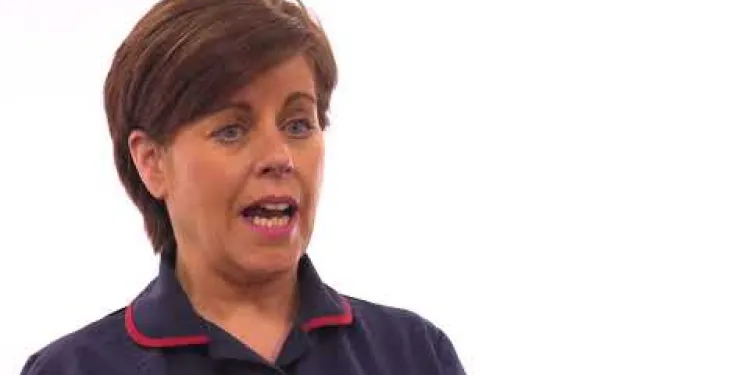
Endometrial Cancer
Relevance: 32%
-
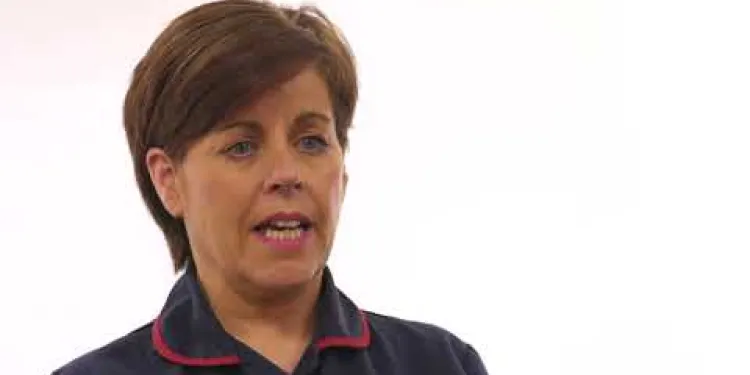
Ovarian Cancer
Relevance: 31%
-
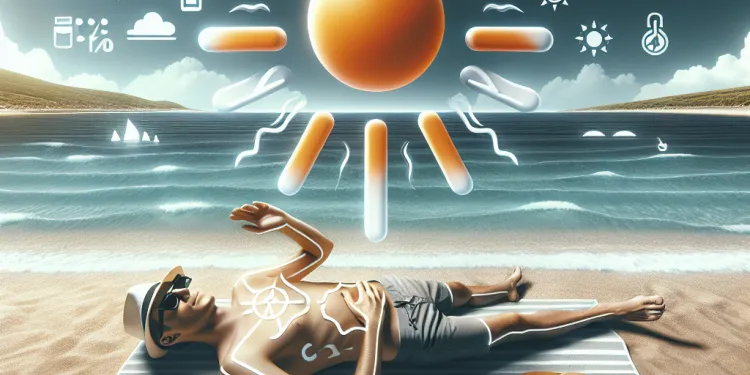
Can sunburns cause permanent damage?
Relevance: 31%
-
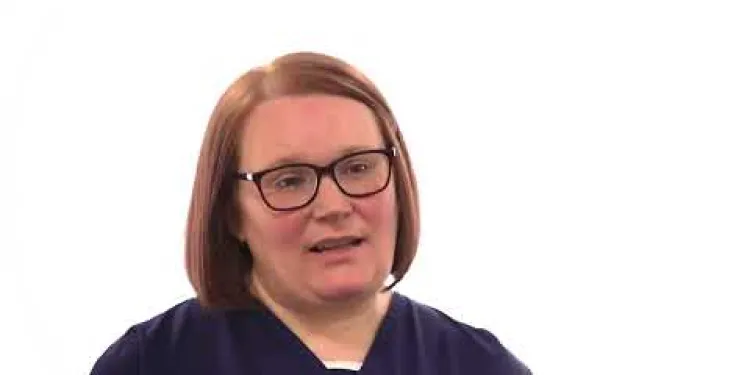
Vaginal Cancer
Relevance: 31%
-
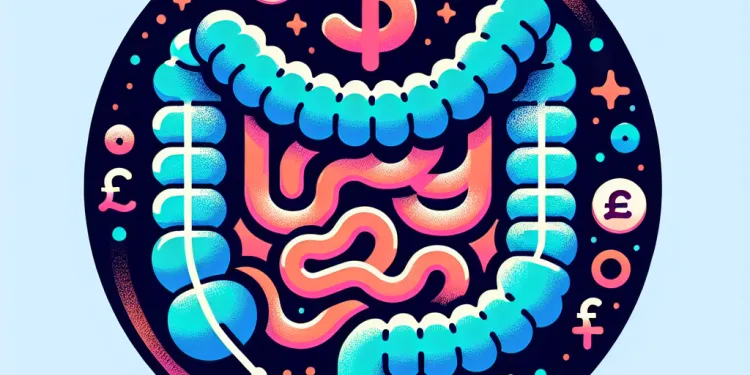
What is colorectal cancer?
Relevance: 31%
-

What is Bowel Cancer?
Relevance: 31%
-
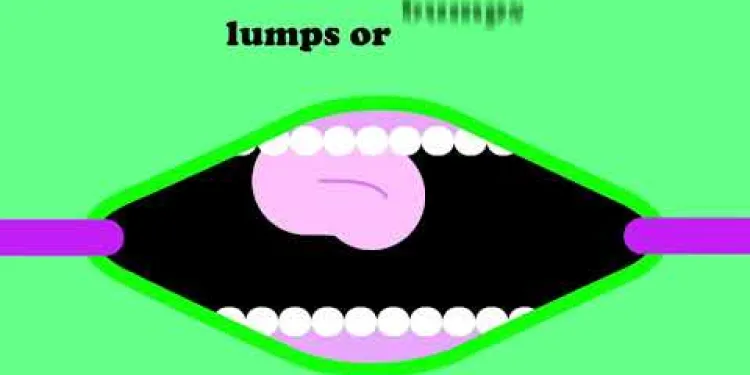
Mouth Cancer Infomercial
Relevance: 31%
-
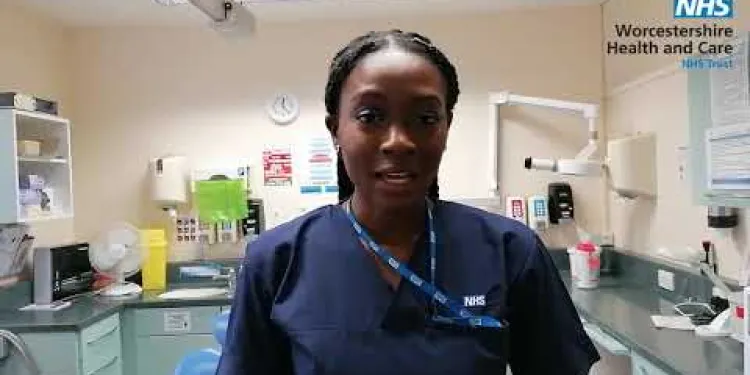
Mouth Cancer Awareness
Relevance: 31%
-
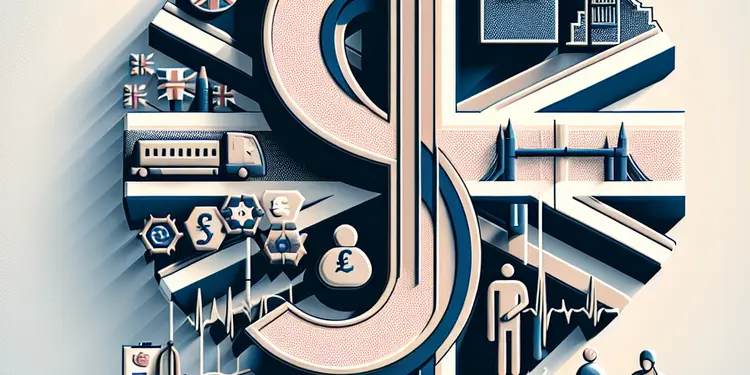
What is cancer screening?
Relevance: 31%
-
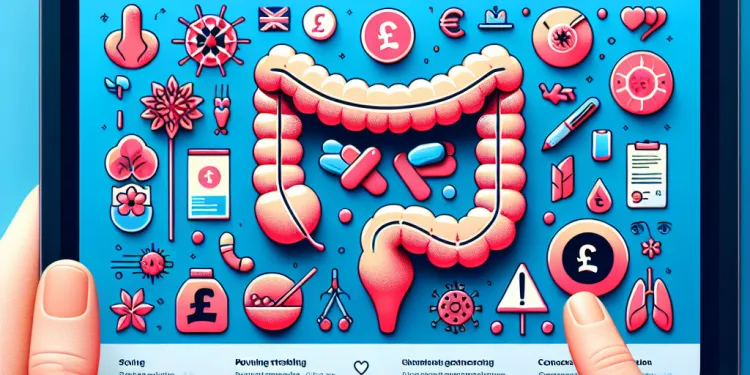
What are the risk factors for bowel cancer?
Relevance: 30%
Introduction
Testicular cancer, although relatively rare, is the most common cancer in men aged 15 to 49 in the UK. Understanding the causes of testicular cancer can help in early detection and prevention efforts. While the exact cause remains unknown, several risk factors have been identified that may increase the likelihood of developing this form of cancer. This article explores these potential causes and risk factors.
Genetic Factors
Genetics play a significant role in the risk of developing testicular cancer. Men who have a family history of the disease are at an increased risk. If a man has a close relative, such as a father or brother, who has been diagnosed with testicular cancer, his risk may be significantly higher. Additionally, certain genetic conditions, such as Klinefelter syndrome, are associated with an increased risk of developing the disease.
Undescended Testicle (Cryptorchidism)
Cryptorchidism, commonly known as an undescended testicle, is one of the most significant risk factors for testicular cancer. This condition occurs when one or both testicles fail to move into the scrotum before birth. Men who have had an undescended testicle in the past are at a higher risk, even if the condition was corrected through surgery.
Previous Testicular Cancer
Men who have had testicular cancer in one testicle are at an increased risk of developing cancer in the other testicle. Regular follow-ups with a healthcare provider and monitoring for any changes are crucial for those who have experienced testicular cancer in the past.
Age and Ethnicity
Testicular cancer is more commonly diagnosed in younger men, particularly those between the ages of 15 and 49. It is also more prevalent among white males compared to men from other ethnic backgrounds. The reasons for these differences are not entirely understood but suggest that age and ethnicity can influence risk.
Lifestyle and Environmental Factors
While lifestyle factors such as smoking and exposure to certain chemicals have been suggested as potential risks for many cancers, there is limited and inconclusive evidence linking them specifically to testicular cancer. However, it is always advisable to maintain a healthy lifestyle, as this can reduce the risk of various types of cancer.
Conclusion
In summary, while the exact cause of testicular cancer is unknown, several risk factors have been identified. Genetic predispositions, a history of undescended testicle, previous testicular cancer, age, and ethnicity are among the primary factors that influence risk. Awareness of these factors can lead to early detection through self-examinations and regular medical check-ups, which are crucial for effective management and treatment. Anyone experiencing changes or symptoms in their testicular health should seek advice from a healthcare professional promptly.
Introduction
Testicular cancer is a type of cancer most common in young men aged 15 to 49 in the UK. Knowing what causes testicular cancer can help find it early and prevent it. We don't know exactly what causes it, but there are things that can make it more likely. This article talks about those things.
Genetic Factors
Genes can play a big part in getting testicular cancer. If a man's father or brother had this cancer, he might get it too. Some special genetic conditions, like Klinefelter syndrome, can also make it more likely.
Undescended Testicle (Cryptorchidism)
An undescended testicle happens when a testicle doesn't move into the scrotum before a boy is born. This can make testicular cancer more likely. Even if doctors fix this with surgery, the risk can still be higher.
Previous Testicular Cancer
If a man has had testicular cancer before, he might get it again in the other testicle. It’s important for him to see a doctor regularly to check for any changes.
Age and Ethnicity
Testicular cancer is more common in young men, especially between ages 15 and 49. It is seen more often in white men than in men from other ethnic backgrounds. We don’t know exactly why this happens.
Lifestyle and Environmental Factors
Some lifestyles, like smoking, and being around certain chemicals, might increase the chance of cancer. We don’t know for sure if these cause testicular cancer. It’s good to live a healthy life to lower the risk of all cancers.
Conclusion
To wrap up, we don’t know exactly what causes testicular cancer. But we do know some things can make it more likely, like family genes, undescended testicles, past testicular cancer, age, and ethnicity. Knowing about these can help find and treat the cancer early. Men should regularly check their testicles and see a doctor if something seems different.
Frequently Asked Questions
What is the primary cause of testicular cancer?
The exact cause of testicular cancer is not known, but it involves changes in the DNA of testicular cells.
Can genetic factors contribute to the development of testicular cancer?
Yes, having a family history of testicular cancer can increase a person's risk.
Are age and ethnicity risk factors for testicular cancer?
Yes, testicular cancer is more common in young and middle-aged men, and more prevalent in Caucasian men.
Does having an undescended testicle increase the risk of testicular cancer?
Yes, cryptorchidism, or an undescended testicle, significantly increases the risk of developing testicular cancer.
Can infections or trauma to the testicles cause testicular cancer?
There is no evidence that infections or minor injuries can cause testicular cancer, although they might draw attention to existing issues.
What role do lifestyle factors play in testicular cancer risk?
There is no strong evidence linking lifestyle factors directly to testicular cancer risk, but maintaining overall health is beneficial.
Is testicular cancer related to other types of cancer?
Having testicular cancer can increase the risk of developing cancer in the other testicle.
Are there any environmental factors linked to testicular cancer?
Current research has not definitively linked environmental factors to an increased risk of testicular cancer.
Can testicular dysgenesis syndrome lead to testicular cancer?
Yes, conditions like testicular dysgenesis syndrome, which include cryptorchidism, can increase the risk of testicular cancer.
Does HIV infection contribute to the risk of testicular cancer?
Men with HIV or AIDS may have a slightly increased risk of developing testicular cancer.
What is the connection between fertility issues and testicular cancer?
Men with fertility problems may have a slightly increased risk of developing testicular cancer.
Can hormonal imbalances be a factor in testicular cancer?
The role of hormonal imbalances is not clearly understood, but it is being studied as a potential risk factor.
Are genetic mutations responsible for testicular cancer?
Certain genetic mutations, such as those affecting the KIT gene, may play a role in the development of testicular cancer.
Is there a link between diet and testicular cancer?
No conclusive evidence links diet directly to testicular cancer, although healthy eating supports overall well-being.
Can previous cancers increase the risk of testicular cancer?
Men who have had testicular cancer have a higher risk of developing it again, but having other cancers does not typically influence this risk.
Does exposure to chemicals increase testicular cancer risk?
There's no conclusive evidence that chemical exposure significantly increases the risk of testicular cancer.
Can testicular microlithiasis lead to testicular cancer?
Testicular microlithiasis is associated with a higher incidence of testicular cancer, but the risk is still relatively low.
Does the age of puberty onset affect testicular cancer risk?
Early or late onset of puberty has not been conclusively linked to an increased risk of testicular cancer.
Is smoking linked to testicular cancer?
While smoking is a risk factor for many cancers, its direct link to testicular cancer is not established.
How does testicular cancer develop at the cellular level?
Testicular cancer begins when healthy cells in a testicle become altered and continue to grow when they're not needed, forming a mass.
What usually causes testicular cancer?
We do not know exactly what causes testicular cancer. It happens when there are changes in the cells of the testicles.
Can your genes make you get testicular cancer?
Genes are like instructions in your body. They tell your body how to grow and work.
Sometimes, the genes we get from our parents can affect our health. They might make us more likely to get certain illnesses, like cancer.
Testicular cancer is when cells in the testicles grow in a way they shouldn't.
Your genes can be one of the reasons you might get testicular cancer. But they are not the only reason. Other things can also play a part.
If someone in your family has had testicular cancer, it might be good to talk to a doctor. They can give you advice and support.
Using a calendar or notes can help you keep track of regular check-ups.
There are also people and places where you can get more help and information.
Yes, if someone in your family had testicular cancer, it might mean you have a higher chance of getting it too.
Do age and ethnicity affect the chance of getting testicular cancer?
Yes, testicular cancer happens more often in young and middle-aged men. It is more common in white men.
If you want help with reading, you can use tools like screen readers or audiobooks. These can read the words out loud for you. It can also be helpful to read with someone you trust. They can help explain things you don't understand.
Can having a testicle that hasn't come down make cancer more likely?
Sometimes, a boy might have a testicle that stays inside the body and doesn't drop down like it should. This might make it more likely to get cancer in that testicle later on.
Here are some things that can help: - Ask a doctor for advice. - Use simple words to talk about it. - Look at pictures to understand better.
Yes, if a boy's testicle doesn't move down like it should, it can make it more likely that he might get a type of cancer called testicular cancer when he grows up.
Can getting hurt or having an infection in the testicles cause cancer?
Getting sick or hurt does not cause testicular cancer. But, if you feel pain, it might help you notice a problem that is already there.
How do things you do every day affect the risk of getting testicular cancer?
Some things you do every day can change how likely you are to get testicular cancer. Here are some simple ways to help understand:
- Eat healthy meals with lots of fruits and vegetables.
- Stay active by playing or exercising regularly.
- Avoid smoking or drinking too much alcohol.
Talking to a doctor, visiting health websites, or using apps can help you learn more.
We don't know if how you live your life can make you get testicular cancer. But, living healthy is still good for you.
Does testicular cancer have a connection with other cancers?
This question asks if testicular cancer is linked to other cancers. To make it easier to understand, here's a simpler version:
Is having cancer in the testicles connected to having cancer in other parts of the body?
Using pictures or diagrams can help explain medical information. Talking to a doctor or nurse is also a good idea. They can answer questions and give more help.
If you have testicular cancer, it can make it more likely to get cancer in the other testicle.
What things in the environment can cause testicular cancer?
Some things around us might be linked to testicular cancer. Scientists are still looking into it. Here are a few things to think about:
- Being around harmful chemicals at work or home.
- Family history or genes can play a part.
- Some illnesses or health problems could be connected.
If you want to learn more, talk to a doctor or use a helpful website. They can help answer questions and give advice.
Right now, scientists haven't found strong proof that things around us can make testicular cancer more likely.
Can problems with how testicles develop cause testicular cancer?
Yes, having some conditions like testicular dysgenesis syndrome, which includes a problem called cryptorchidism, can make it more likely to get testicular cancer.
Can having HIV make it easier to get testicle cancer?
Men with HIV or AIDS might have a higher chance of getting testicular cancer.
If you find this text hard to read, try these tips:
- Read it slowly, one word at a time.
- Ask someone to read it out loud to you.
- Use a computer program to read it to you.
How are problems having babies and testicular cancer linked?
Men who have trouble making a baby might have a bit more chance of getting testicular cancer.
Can hormones cause testicular cancer?
Sometimes, when hormones are not balanced, it can lead to health problems. Hormones are the body's messengers. They tell the body what to do. If these messages get mixed up, it might affect things like testicular health.
Doctors can help check if hormones are balanced. Talking to a doctor can help you learn more.
Using picture charts or simple videos can also help you understand hormones better.
We don't fully know how hormones might cause problems, but scientists are studying this to see if it might be a risk.
Do changes in genes cause testicular cancer?
Sometimes, changes in our genes can lead to health problems. One of these changes can happen in a gene called KIT. If this gene changes, it might cause testicular cancer. Testicular cancer is a type of cancer that starts in the testicles, which are part of the male body.
If you find this hard to understand, you can ask someone to explain it to you. Or you can use tools to read it out loud for you.
Does what you eat affect testicular cancer?
Scientists are not sure if what we eat affects testicular cancer. But eating good food helps us stay healthy.
Can having cancer before make it more likely to get testicular cancer?
If someone had cancer before, it might make it more likely for them to have testicular cancer later. It's important to talk to a doctor to understand more.
Here are some tips to help understand this topic:
- Ask a doctor or nurse if you have questions.
- Use simple words like "cancer" and "risk" when talking about health.
- Look at pictures or videos about testicular cancer to learn more.
- Write down any questions to ask your doctor.
Men who had testicular cancer before have a bigger chance of getting it again. But having other kinds of cancer usually doesn't change this chance.
Can being around chemicals make testicular cancer more likely?
Testicular cancer is cancer that starts in the testicles. Some people wonder if being around certain chemicals can make it more likely to get this kind of cancer.
Ways to understand better:
- Read simple and clear information.
- Ask a doctor or nurse for help.
- Use pictures or videos that explain things.
There is no clear proof that being around chemicals makes testicular cancer much more likely.
Can tiny stones in the testicles cause cancer?
Tiny calcium spots in the testicles can make it a little more likely to get testicular cancer. But the chance is still quite small.
Can starting puberty early or late change the chance of getting testicular cancer?
Starting puberty early or late does not seem to make it more likely for boys to get testicular cancer.
Does smoking cause testicular cancer?
Smoking can harm your body. It might make it easier to get some diseases.
Scientists are studying if smoking can lead to testicular cancer, but they are not sure yet.
If you want to learn more, you can ask a doctor or look at reliable health websites.
Reading tools like audiobooks or videos can help you understand better.
Smoking can cause a lot of different cancers. But, we do not know for sure if smoking causes cancer in the testicles.
How does testicular cancer start in the body?
Testicular cancer begins in the testicles. These are part of the body where sperm is made. Here's how it starts: - Cells in the testicles change and grow too fast. - These cells become cancer cells. - Cancer cells grow into a lump or tumor. It's important to tell a doctor if you feel a lump or pain in the testicles. **Helpful Tip:** - Use simple and clear books or videos about health to learn more. - Ask a grown-up to help you find information and understand it.Testicular cancer starts when good cells in a testicle change and grow too much. This makes a lump.
Useful Links
This website offers general information and is not a substitute for professional advice.
Always seek guidance from qualified professionals.
If you have any medical concerns or need urgent help, contact a healthcare professional or emergency services immediately.
Some of this content was generated with AI assistance. We’ve done our best to keep it accurate, helpful, and human-friendly.
- Ergsy carfully checks the information in the videos we provide here.
- Videos shown by Youtube after a video has completed, have NOT been reviewed by ERGSY.
- To view, click the arrow in centre of video.
- Most of the videos you find here will have subtitles and/or closed captions available.
- You may need to turn these on, and choose your preferred language.
- Go to the video you'd like to watch.
- If closed captions (CC) are available, settings will be visible on the bottom right of the video player.
- To turn on Captions, click settings .
- To turn off Captions, click settings again.
More Items From Ergsy search
-

What causes testicular cancer?
Relevance: 100%
-

What is testicular cancer?
Relevance: 87%
-

What is testicular cancer?
Relevance: 86%
-

What is testicular cancer?
Relevance: 84%
-

What are the symptoms of testicular cancer?
Relevance: 83%
-

Is testicular cancer treatable?
Relevance: 81%
-

How common is testicular cancer?
Relevance: 81%
-

Who is at risk for testicular cancer?
Relevance: 80%
-

Is fertility affected by testicular cancer?
Relevance: 80%
-

What are the stages of testicular cancer?
Relevance: 78%
-

How is testicular cancer diagnosed?
Relevance: 77%
-

What is the survival rate for testicular cancer?
Relevance: 76%
-

What types of treatments are available for testicular cancer?
Relevance: 73%
-

Can testicular cancer recur after treatment?
Relevance: 73%
-

Are there support groups for those affected by testicular cancer?
Relevance: 72%
-

Can testicular cancer spread to other parts of the body?
Relevance: 72%
-

What role do tumor markers play in testicular cancer?
Relevance: 71%
-

Can lifestyle changes help prevent testicular cancer?
Relevance: 71%
-

Getting to know your Testicles: Testicular Cancer Awareness with Dr James Howarth, Spilsby Surgery
Relevance: 67%
-

How can I perform a testicular self-exam?
Relevance: 56%
-

When should I see a doctor about potential testicular cancer?
Relevance: 48%
-

What is Cancer?
Relevance: 35%
-

Endometrial Cancer
Relevance: 35%
-

What health problems can HPV cause?
Relevance: 33%
-

Vulval Cancer
Relevance: 32%
-

What is the difference between colon cancer and rectal cancer?
Relevance: 32%
-

Skin cancer education
Relevance: 32%
-

What is a seminoma?
Relevance: 32%
-

Is BPH the same as prostate cancer?
Relevance: 32%
-

Can HPV lead to cancer?
Relevance: 32%
-

Endometrial Cancer
Relevance: 32%
-

Ovarian Cancer
Relevance: 31%
-

Can sunburns cause permanent damage?
Relevance: 31%
-

Vaginal Cancer
Relevance: 31%
-

What is colorectal cancer?
Relevance: 31%
-

What is Bowel Cancer?
Relevance: 31%
-

Mouth Cancer Infomercial
Relevance: 31%
-

Mouth Cancer Awareness
Relevance: 31%
-

What is cancer screening?
Relevance: 31%
-

What are the risk factors for bowel cancer?
Relevance: 30%


